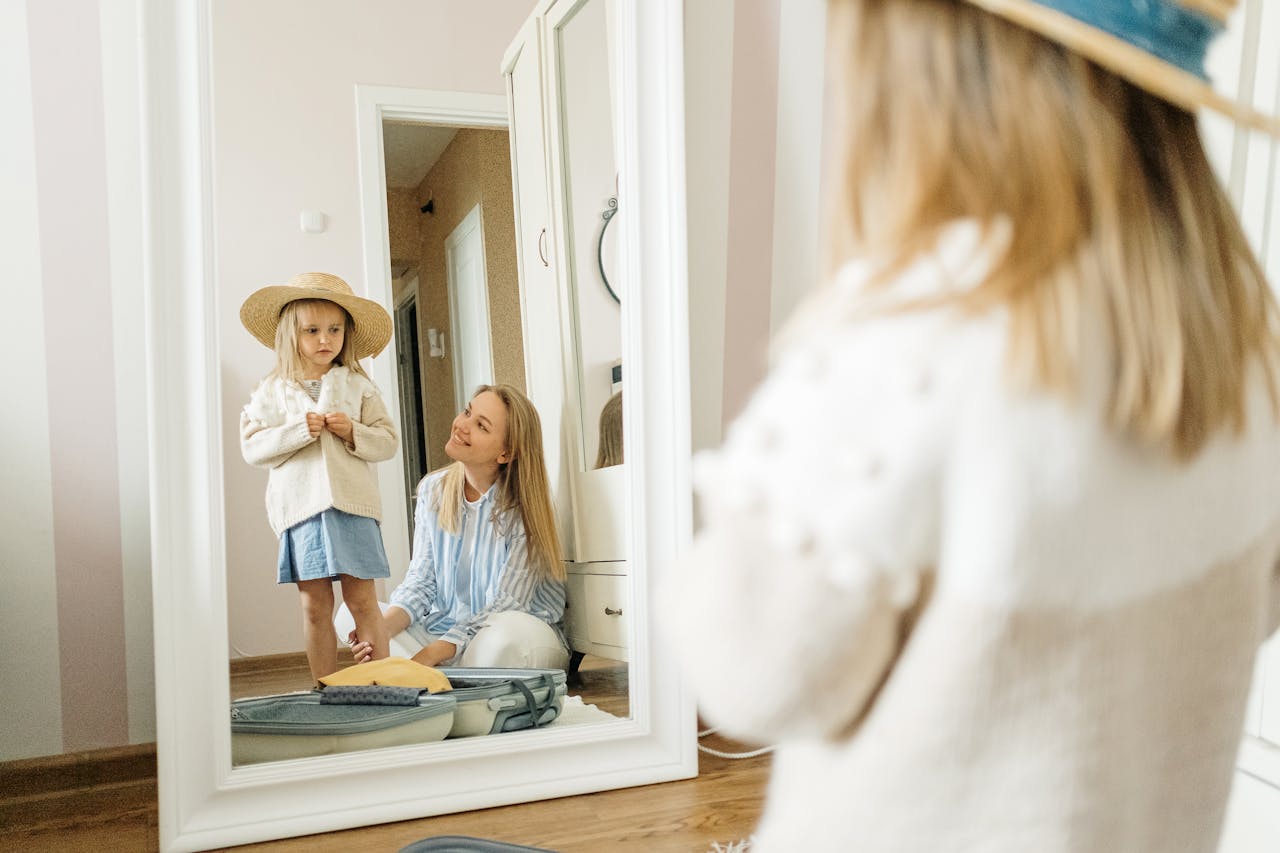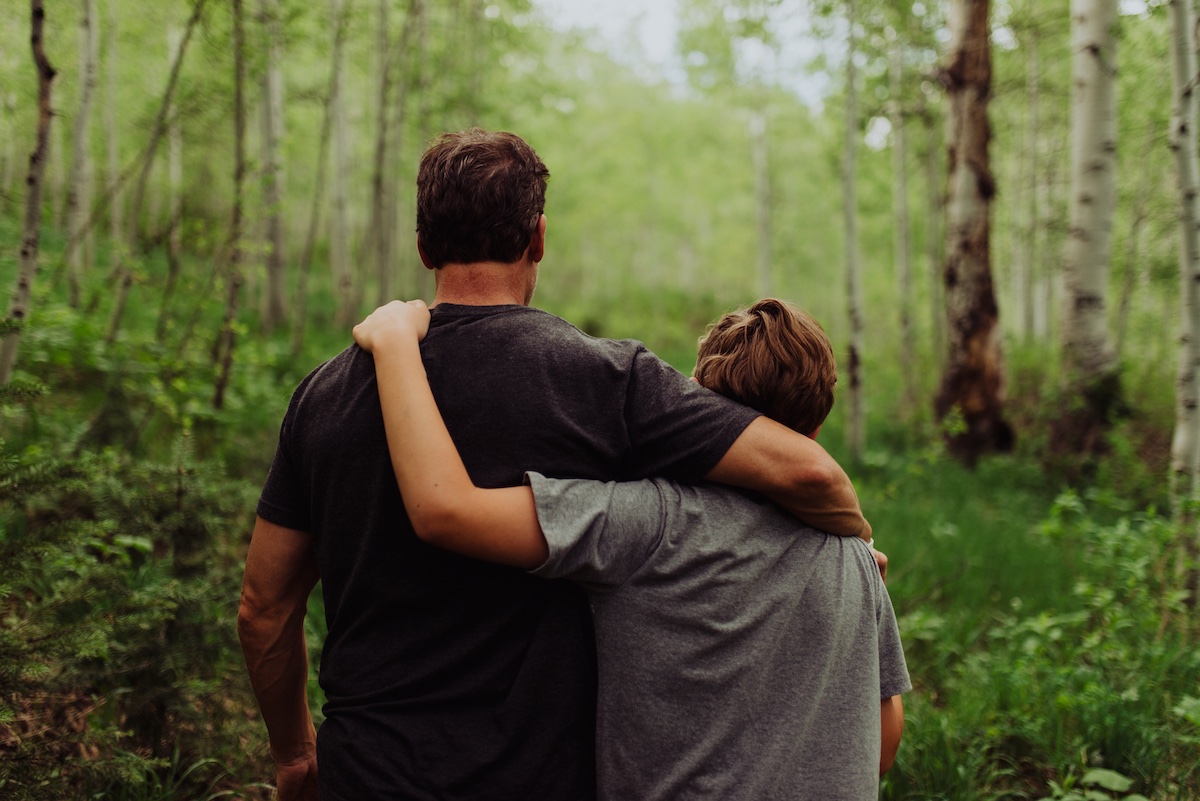I can be a sulker. When someone offends me, my natural response is to sulk, and give them the cold shoulder so they can figure out on their own how to make amends.
I also tend to be a guilt-tripper, detailing grievances against me or behaviors that might be “owed” to me.
These tactics usually get results when I try them on the people I love most—my family. At least that’s what I’m probably assuming when I see changed behavior that suits me and affirms me—as if somehow I should proudly don a double M for Master Manipulator like an emblem on my chest.
I realized this personal tendency one day when I inadvertently dropped a guilt-laden statement about having to go out of my way to pick up my preteen daughter from school at the last minute. Really, I just wanted her to appreciate how great of a mom I was to drop everything and run to her rescue, but it was apparent that my intention had misfired with her cool and calm response.
“You don’t have to make me feel guilty about it.”
This nugget of raw truth-wisdom that somehow gracefully fell out of my daughter’s mouth stopped me in my tracks. She rarely offers up such a vulnerable word like “feel.” This was a fragile moment. I definitely needed to listen to how my words made her feel.
I paused longer, reflecting on how I had been working for years to get this unassuming daughter of mine to know I love her just as much as her attention-hoarding older brother, to believe that I would lasso the moon for her if she would only ask.
So I quickly back-stepped and let her know that I am always happy to go out of my way to do things for her because of how much I love her, and then I quietly hoped I’d get the chance to be a non-guilt-tripping, moon-lassoing hero for her again soon.
Surely this wasn’t the worst of offenses, but I imagined how easy it would be to become this master manipulator mom, who sulks and guilt-trips her family to do anything or behave any way she wants. A mom whose kids would grow up to resent her for it one day. And so I was grateful for those words of my daughter, because she could have held them in and emulated my tendency of sulking instead, and I wouldn’t have had the opportunity to do something differently.
It’s seemingly insignificant moments like these, when we say (with grace) what we feel, or when we stop and listen to how others feel, that can become momentous, with the potential to change the course of our relationships.
I’m not sure what made me stop and listen, that’s not a master-manipulator trait; reacting defensively would have been more typical. Except that I was moved by the simplicity of that moment with a better understanding of how to love my family. I want to show them the kind of love that is not self-serving, not relationally punishing, or guilt-inducing, but always giving, uplifting, building, forgiving. “Always” might be a stretch, because I know my selfish tendencies. But when I mess up, I can always listen, apologize, and try again.
I do think that parenting has the potential to make us better people because we have so many opportunities to learn to love each other better and in healthier ways.
So take the time stop and listen to someone you want to love better—like your kids. They may tell you something really simple one day, but really important. Even through the snarkiness and sometimes irrationality, listen to their feelings. And always be ready to say, “I’m sorry.”
Cue:
As your kid: What is one thing that I do that makes you feel loved?




